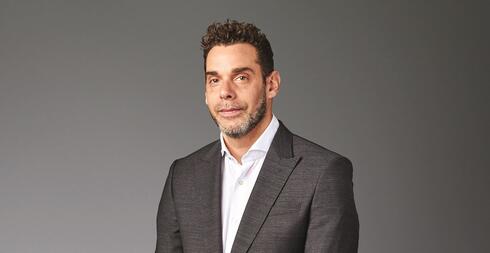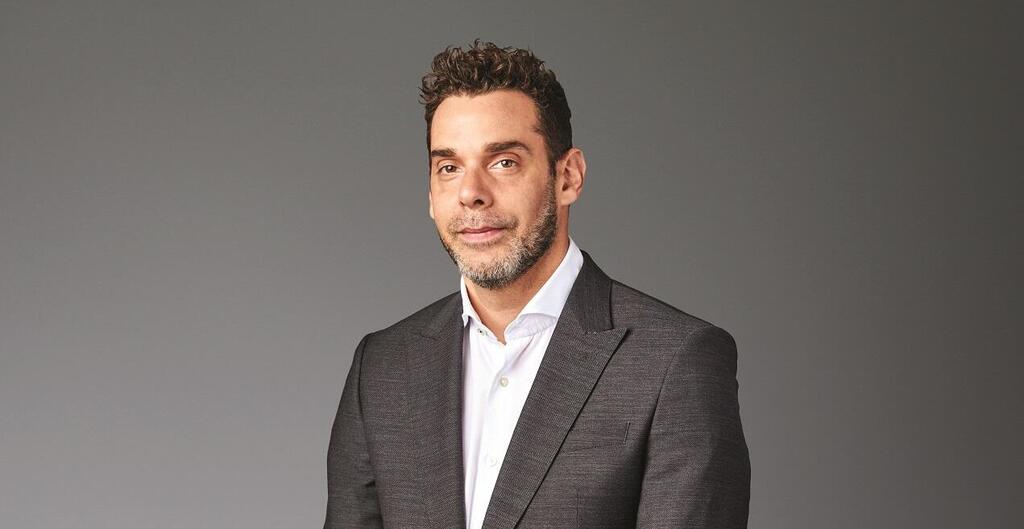
SentinelOne CEO downplays takeover talk, calls Wiz "a nice little startup"
Tomer Weingarten was speaking after the cybersecurity company he founded raised its full-year forecast and amidst reports of a potential sale
SentinelOne CEO Tomer Weingarten insists that the cybersecurity company has every intention of remaining a publicly traded independent company. Speaking to CNBC following the release of the company’s result for the second quarter of the year, Weingarten said that despite the many rumors regarding a possible acquisition of the company, SentinelOne remains “solely focused on our individual path.”
Less than two weeks ago, it was reported that SentinelOne has been exploring options that could include a sale. The Mountain View, California-based company became a takeover target after its shares lost 80% of their value in the last two years. SentinelOne hired investment bank Qatalyst Partners to advise on discussions with potential acquirers, including private equity firms.
Last weekend, Israeli cybersecurity unicorn Wiz admitted that it had an interest in acquiring SentinelOne, shortly after which Weingarten sent an email to the company's sales employees informing them that the company has decided to unilaterally terminate its cooperation with Wiz.
Weingarten said in an investor call on Thursday that it had just canceled a "reselling agreement" with Wiz and their partnership with the startup was still on.
"Wiz is a nice little startup, we like working with them. But again, in terms of the reselling agreement, we didn't see any contribution from that. We didn't feel like that's something that is fulfilled on their end, so we decided to terminate that," Weingarten said.
SentinelOne raised its annual revenue forecast on Thursday, riding on resilient adoption of its AI-backed security offerings as macroeconomic fears abate. The company offers artificial intelligence-backed cybersecurity products which are seeing steady demand as companies have largely kept their security budgets intact in face of growing cybersecurity attacks.
The company said it expects revenue for the full-year to be $605 million, up from the $590 million to $600 million range it had forecast in June. Analysts on average estimate it at $594.77 million, according to Refinitiv data.
The cybersecurity company also forecasts revenue of $156 million for the third quarter, higher than analysts' estimate of $154.20 million.
Its peer CrowdStrike on Wednesday also raised its full-year outlook and issued an upbeat forecast for third-quarter.
SentinelOne's total customer count grew about 30% to over 11,000 customers, as of July 31, as its flagship offering Singularity Platform saw resilient adoption among both public and private customers.
The company posted a loss of 8 cents per share, excluding items, compared to expectations of a 14 cent per share loss.
SentinelOne ended trading on Friday with a market cap of over $5 billion for the first time in more than three months.
“Obviously, there is an unbelievable amount of rumors and speculation in the market,” Weingarten told CNBC. “I think what you can easily see from our numbers is that we’re a high-growth company, a high-performance company. We’re solely focused on our individual path. We have demonstrated unbelievable margin improvement alongside incredible growth, so all in all right now, for us it’s just doing the best that we can to drive our innovation, protect our customers.”














